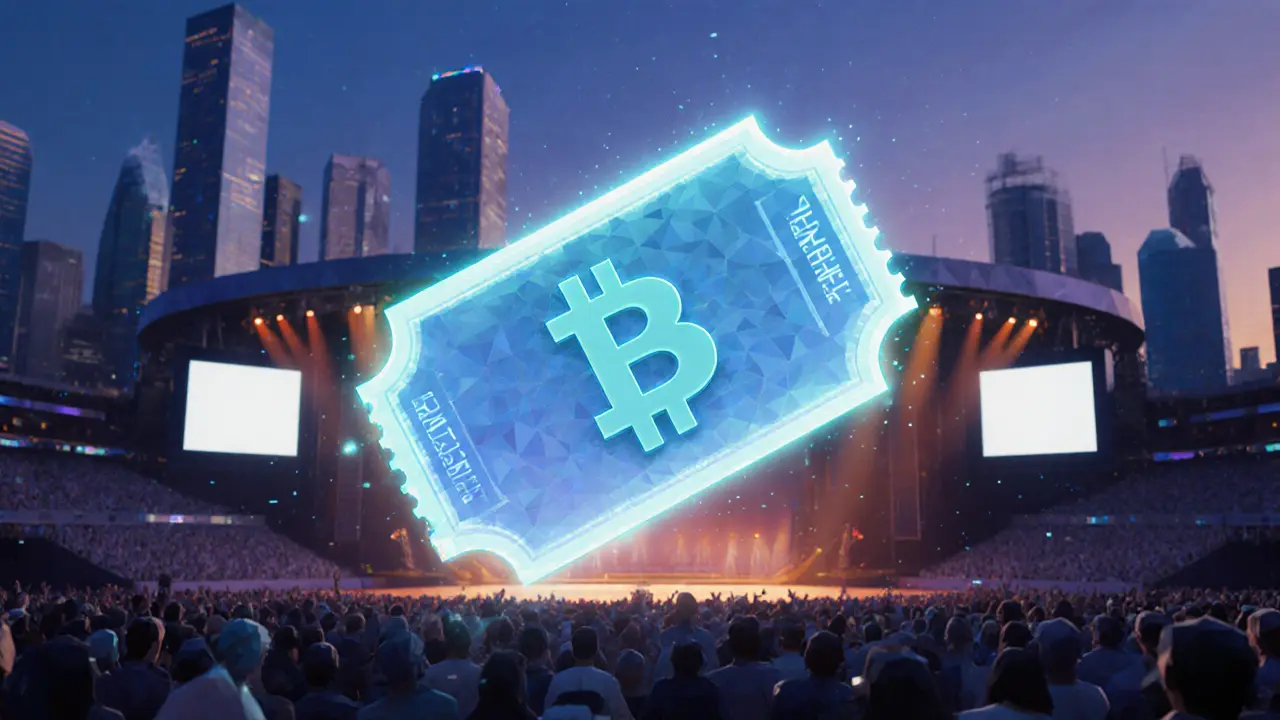Secondary Ticket Platforms: What They Are and Why They Matter
When navigating the world of event tickets, secondary ticket platforms, online services that let fans buy and sell tickets after the original sale. Also known as ticket resale sites, they sit between the event organizer’s primary ticket platforms, which handle the first‑hand distribution, and the buyer looking for a seat at the last minute. These secondary markets create a fluid secondary market where supply meets demand beyond the official box office.
One of the biggest draws of secondary ticket platforms is the emergence of resale marketplaces, which aggregate listings from thousands of individual sellers. This aggregation not only boosts liquidity but also forces platforms to compete on price, fee transparency, and user experience. At the same time, the rise of blockchain ticketing, a tech that stamps each ticket with an immutable digital fingerprint, is reshaping how these marketplaces verify authenticity and fight fraud.
Key Features, Risks, and the Role of Technology
Secondary ticket platforms typically require three core capabilities: a robust verification system, a clear fee structure, and a trusted dispute‑resolution process. Verification often leans on ticket scalping detection algorithms that flag unusually high price jumps or bulk listings. When blockchain ticketing is integrated, each ticket’s provenance is recorded on a public ledger, making it harder for counterfeit tickets to slip through. This tech also enables smart contracts that automatically release funds once a buyer confirms receipt, reducing the risk of event ticket fraud.
However, the benefits come with trade‑offs. Fees on secondary platforms can add up—some charge a flat percentage on the seller, others layer a buyer fee on top of the ticket price. Users need to weigh these costs against the convenience of last‑minute access or the chance to secure seats for sold‑out events. Regulation varies by jurisdiction; in some regions, laws cap resale mark‑ups, while elsewhere platforms operate with little oversight, leaving consumers vulnerable to shady sellers.
Our curated collection below dives deep into the mechanics that matter across digital marketplaces. You’ll find in‑depth reviews of crypto exchanges that share similar fee‑structure challenges, security audits that highlight the importance of verification, and case studies on blockchain projects that illustrate how immutable records can protect users. By drawing parallels between these crypto‑centric platforms and secondary ticket sites, you’ll get a clearer picture of what to look for when choosing a trustworthy marketplace.
Whether you’re a casual fan hunting a last‑minute concert seat or a power user who trades tickets like assets, the articles ahead will give you actionable insights. From fee comparisons and security checklists to emerging trends like NFT‑based tickets, you’ll walk away with a solid framework for evaluating any secondary ticket platform you consider.
Ready to explore the specifics? Scroll down to discover detailed analyses, expert opinions, and practical guides that put the power of informed decision‑making in your hands.

Explore how NFT ticket resale markets empower creators with automatic royalties, curb scalping, and reshape secondary ticket sales, while addressing fees and user adoption challenges.
- Read More
